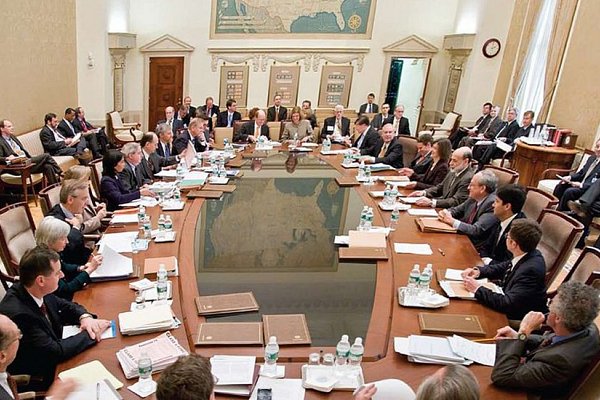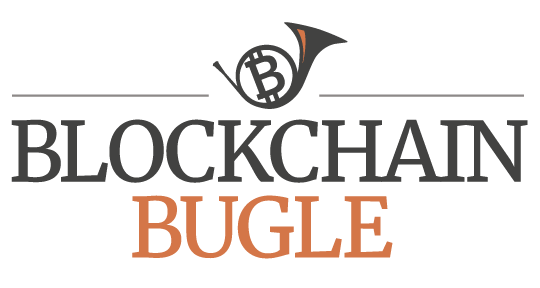How Governments Subsidize Bitcoin's Usefulness and the Bitcoin Price

Bitcoin Core contributor, Peter Todd, was recently interviewed on Bitcoin Uncensored by co-hosts Chris DeRose and Joshua Unseth. Ethereum, The DAO, private blockchains and many other topics were discussed but DeRose turned the conversation toward an often-discussed concept (at least on Bitcoin Uncensored) near the end of the show: The idea that governments essentially subsidize the usefulness of Bitcoin and the bitcoin price through their various regulations.
Bitcoin Fulfills a Need in the Market
There are many types of applications that people want to build with blockchain technology but only a minor fraction of these projects have found any use in the real world. While there are plenty of techno-geeks who think it’s cool to play around with various cryptocurrencies and blockchain-related projects, Bitcoin seems to be the only blockchain system that has seen use outside of those who are tech-savvy.
“We see that a lot of the people that are using Bitcoin (locally and looking at the exchanges) are using Bitcoin because they need to use it,” DeRose said. “They have to use it because they can’t use fiat.
“This is what has differentiated Bitcoin from other blockchain projects, in that Bitcoin fulfills a need,” DeRose added.
Some areas where Bitcoin is truly needed include online gambling and darknet marketplaces. These sorts of use cases also fuel the view of Bitcoin as a digital gold.
Fungibility a Huge Part of This Need
When it comes to the situations where Bitcoin is needed, fungibility plays a huge role. DeRose referred to this use case as “the ability to convert value into anonymous value.”
When asked about the importance of fungibility in Bitcoin, Todd said, “Yeah, I think that’s Bitcoin’s main use case there. If you didn’t have that as a need, you could just go use PayPal.
“The most clever thing governments could do to kill Bitcoin is make anonymous, electronic cash,” Todd added.
Of course, it’s also true that there’s plenty of room for improvement in terms of Bitcoin’s fungibility. New privacy improvements, such as Confidential Transactions, may eventually offer assistance here. JoinMarket, a market for CoinJoin transactions, is another project that is already helping users gain more effective privacy on the blockchain right now.
Governments Subsidize Bitcoin with Their Regulations
Since Bitcoin is mostly needed in situations where fungibility is a must, it isn’t much of a stretch to say that governments essentially subsidize the usefulness of Bitcoin because government-backed restrictions and censorship on financial transactions are a major factor in the need for a fungible bearer ecash.
When asked if he thinks governments are issuing regulatory subsidies for the existence of the Bitcoin blockchain, Todd responded, “I think that’s pretty much exactly what’s happened.”
Todd then went on to talk about the abandoned MintChip project in Canada, which was essentially an attempt to create an anonymous, electronic cash system. “It appears they axed [the project] because nobody wanted to go and create anonymous, electronic cash. They just didn’t have the willpower to do it,” explained Todd.
Does Bitcoin Have Government to Thank for Its Existence?
This gets to the question of when it makes sense to use a blockchain. Are they still useful in a world where governments allow anonymous ecash to exist at a large scale? “It may only make sense when the regulatory environment allows it to make sense,” DeRose noted.
Todd put this thought experiment another way: Would Tor be interesting or useful if governments didn’t wiretap their citizens? The answer here is obviously yes because governments are not the only “adversaries” in the world. The Tor Project has a list of the types of people who use the anonymizing network on their website.
While there may be some use cases of bitcoin that don’t involve getting around government regulations, it’s clear that these government-avoiding use cases are what propelled Bitcoin to what it is today. Bitcoin first rose in popularity due to Silk Road and the financial blockade on Wikileaks. Silk Road allowed Bitcoin users to buy and sell goods and services that had been criminalized by various governments around the world, while Wikileaks is a journalistic organization that runs on donations ‒ strictly via bitcoin during the financial blockade.
It’s unclear whether Bitcoin would have taken the digital world by storm if these sorts of use cases didn’t exist early on in the technology’s development. The level of distrust in the world’s financial system at the time (and to this day) also couldn’t have hurt.
The post How Governments Subsidize Bitcoin’s Usefulness and the Bitcoin Price appeared first on Bitcoin Magazine.


